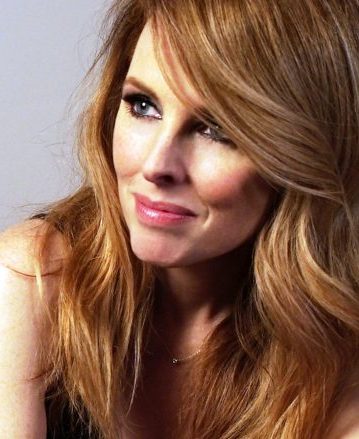
Message from the Chairperson : Democratic Analysis
Does Artisti rhyme with democracy? Let me try to answer that question.
My first instinct would be to say: “Of course it does!”. But it is a legitimate question.
During Artisti Forum 2018, one of the participants raised concerns about Artisti’s governance structure and the fact that its members have no say in the appointment of directors and their society’s policies. He felt that the process was not democratic. It made me realize that if you looked at it that way, the democracy question did indeed arise. So I pondered the structure of Artisti and the reasons behind that structure, asked a few questions, and got some answers.
First, it is important to understand that Artisti is not an “association” created by individuals who joined together to build a society to administer their rights. Nor was it created by “members” who established the structure of their society and provided it with the tools needed to manage royalties.
Rather, Artisti is a collecting society founded solely by the Union des Artistes (UDA).
It is important to keep in mind that before rights were granted to performing artists under the Copyright Act, artists who were UDA members (actors, presenters, dancers, singers, etc.) expressed their desire at a number of general meetings to amend the Copyright Act in relation to those rights. As a result, UDA made significant efforts to satisfy its members’ demands, including incorporating Artisti for performing artists in 1997.
It is also worth noting that the initial costs of setting up this collecting society were high. UDA provided the necessary funds, because the artists had decided to band together and use their hard-earned money to better protect themselves and to acquire an extraordinary tool: a collecting society. It proved an epic adventure at the time! It was an enormous, expensive, but worthwhile project. It was therefore essential for UDA to protect the investment that its members, the artists, made when they decided to contribute to the creation of Artisti.
To protect this investment, UDA chose to build a structure in which it would be the sole shareholder. In short, UDA made Artisti a subsidiary, which is the structure we still have today. UDA also decided that the Artisti directors should be appointed by the assembly of Artisti’s sole shareholder, which was another way for it to protect the structure set up with its members’ funds.
That being said, only 3 of the 11 Artisti directors have to also be UDA directors. The other director positions are now filled following a formal call for applications. Any Artisti member can apply for the director positions that aren’t reserved for UDA directors. A selection process ensues, and Artisti’s board of directors can make recommendations regarding the selected candidates, but it is ultimately the assembly of Artisti’s sole shareholder that appoints the Artisti directors.
Is this how things are done in an association? The answer is no. In an association, the directors are elected by the association’s members. However, it is also the members who have invested their time, money and effort in setting up the association.
In Artisti’s case, UDA did all that. So while I am grateful to UDA members for contributing to the creation of Artisti through an initial UDA investment, I am also comfortable with UDA wanting to have a say in the appointment of its subsidiary’s directors and trying to protect the investment it made with its members’ funds. This strikes me as fair, especially because Artisti welcomes performing artists regardless of their union affiliation: performing artists can join UDA’s collecting society even if they are not UDA members.
So, does Artisti rhyme with democracy?
I have no qualms about saying “Yes!”.
All Artisti members who meet the legal requirements may apply to be a director of their management society, and Artisti directors take their decisions by majority vote in the best interest of Artisti members. That, too, is democracy.
